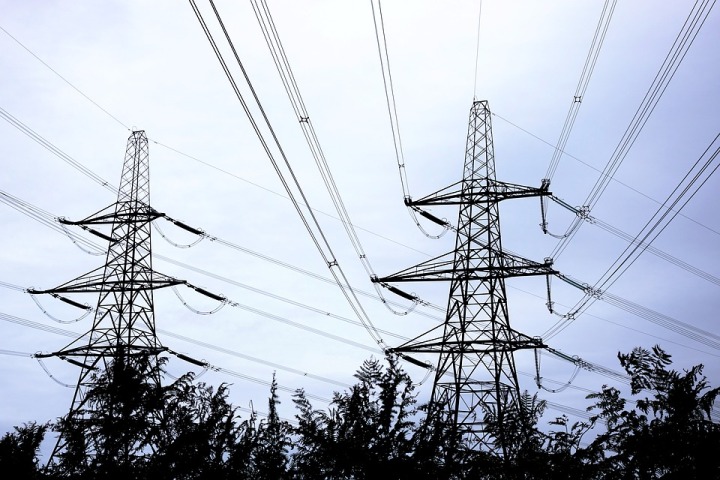DRC inks deal with China, Spain to develop USD 14 bln hydroelectric project.
Now a $13.9 billion development agreement has been signed, according to a report released after a cabinet meeting on Tuesday.

- Country:
- Congo Dem. Rep.
The Democratic Republic of Congo on Tuesday announced a deal with Chinese and Spanish partners for the development of a much-delayed $14 billion hydroelectric project.
The Inga 3 project is part of a major programme to expand hydroelectric dams along the Congo River. It has been on the drawing board for around 30 years but has been repeatedly delayed.
Last year, DR Congo asked rival consortiums, one led by the Chinese Three Gorges Corporation and another grouped under Spanish construction company ACS -- chaired by Real Madrid football club chairman Florentino Perez -- to join forces and submit a joint bid.
Now a $13.9 billion development agreement has been signed, according to a report released after a cabinet meeting on Tuesday.
The Inga 3 project is expected to complement two ageing power stations built between 1972 and 1982 on the Inga falls of the Congo River 260 kilometres (160 miles) downstream from the capital Kinshasa.
Inga 3 is the first of a six-phase mega-project, according to Kinshasa.
In June 2017 project head Bruno Kapandji said the intention was to begin work on the project this year, adding that it could take up to 11 years to complete.
The Inga 3 dam is expected to generate 4,800 megawatts of power, equivalent to the output of three third-generation nuclear reactors, in a country where less than 10 per cent of the population has access to electricity.
South Africa has signed an option to buy power generated by the project, with much of the rest planned for mining groups in Katanga in the south-east which suffers from chronic electricity shortages.
"This agreement relates to activities enabling the developer to raise funds to support studies related to this important project," the statement said.
In 2016, the World Bank froze planned disbursements of a $73.1 million grant aimed at funding technical assistance, saying the country had taken the project in a different strategic direction than had been agreed.
(With inputs from agencies.)










